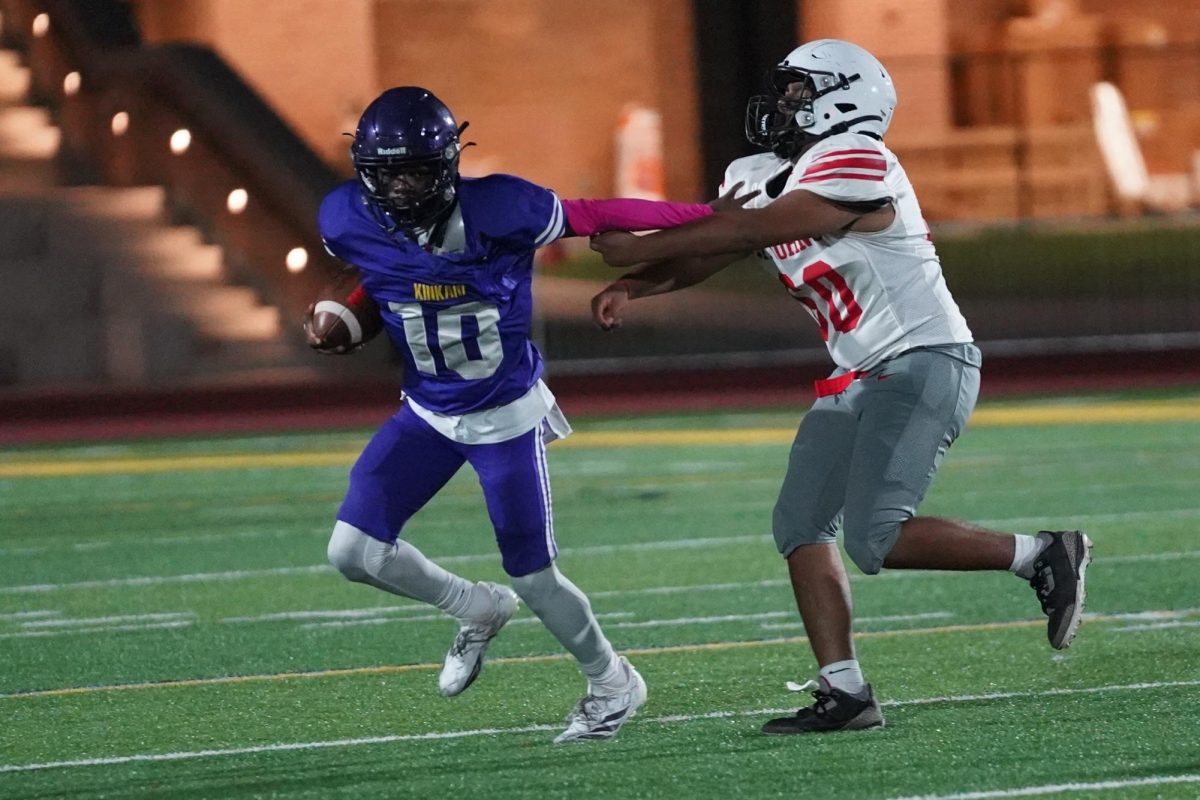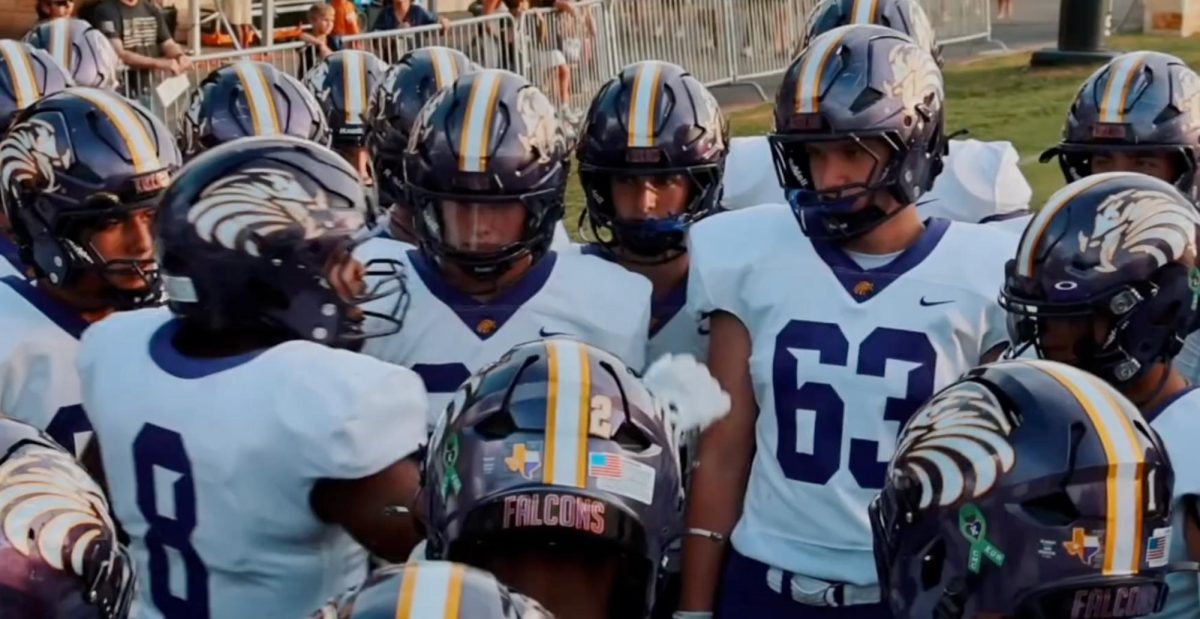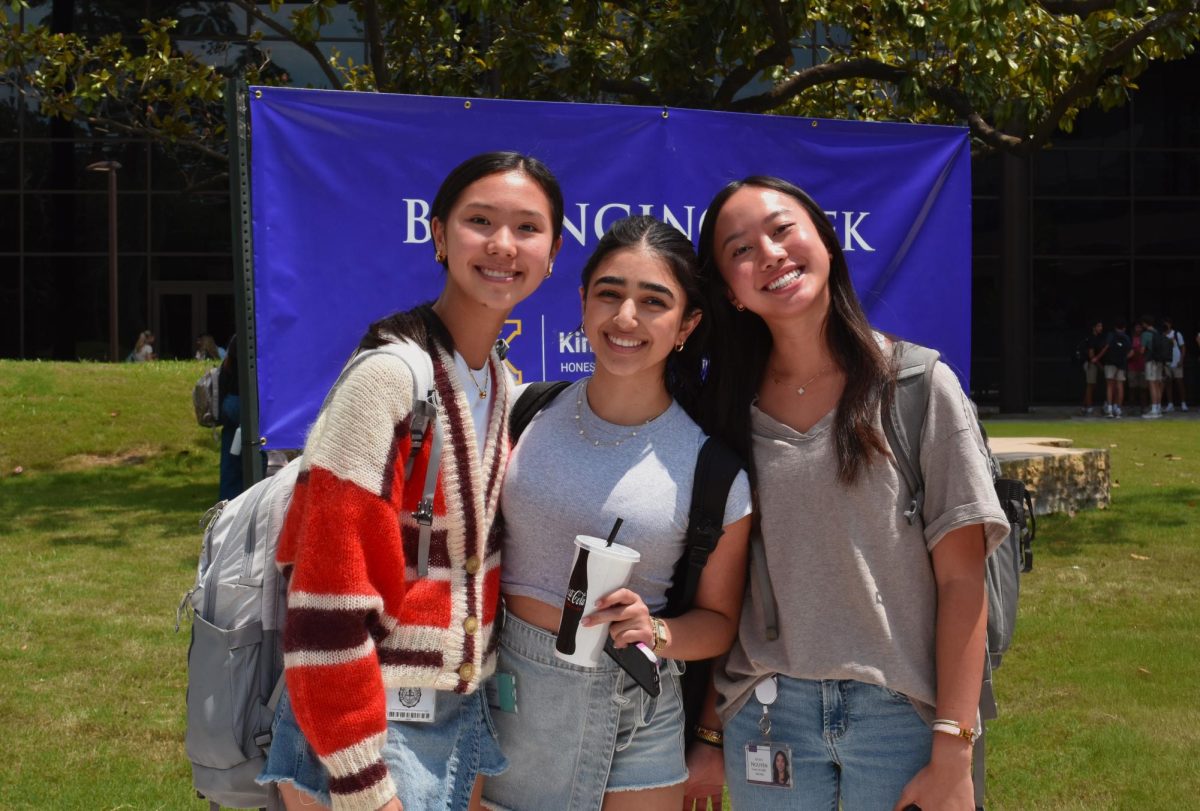There is a king in our midst.
Track coach Mr. Robert Martey was crowned the “Asafoatse” or warrior king of the Gbugbla tribe in Teshie, his hometown in Greater Accra, Ghana, six months ago.
“I was shocked,” he said. “This was my great-grandfather’s throne and it has been vacant for 50 years.”
The process of becoming king begins with the “mormor” ceremony, where the paramount king and the elders of the town capture him and felicitate him. Mr. Martey was made to stay in a shrine for two days where he learned about the traditions of his people.
Mr. Martey’s brother, the king of the Gbugbla people, Mr. Nii Martey Layea, explained the significance of the two nights spent in the shrine.
“People say it’s all about ghosts, ghosts, ghosts,” he said. “That’s not true. Your ancestors come. To you They teach you how to behave, your tasks, where you go, where you sit.”
And indeed, Mr. Martey, sleeping on the concrete floor of the shrine, experienced visions of his ancestors speaking to him.
“I really believe that my forefathers embraced the idea of me becoming king,” Mr. Martey said. “ The sleep wasn’t that good, but it doesn’t have to be a comfortable thing. But the few times I fell asleep I got visions of what it entails, what I’m supposed to be doing, how I’m supposed to be helping. I was really, really excited by that.”
On the last day, Mr. Martey was dressed in royal finery and embraced by the community in a public reception and series of rituals, a surprise to Mr. Martey since for most of his life he hadn’t fully grown up in the village.
“I moved away at a young age and went to a very selective boarding school in the Central Region of Ghana,” he said. “Coming back, there were a lot of people that knew what I did and what I’ve been doing, who gave me some love. I felt the love; I felt the unity between myself and my family.”
As warrior king, Mr. Martey is the “Gontei” or “thumb” and must be consulted by the king of the tribe for any major decisions.
“They can’t really do anything without me,” said Mr. Martey. “Because we have a saying in my country that ‘you can’t tie a knot without the thumb’. And that is how I serve. I serve my town and my community.”
In the words of Mr. Martey, he is the “Julius Caesar” of his tribe, working to protect the Gbugbla community and serve the needy.
In the past, protecting the tribe might have meant war or violence.
“In the early days, and I mean centuries ago, people lived to survive,” said Mr. Kwame Ofori, a friend of Mr. Martey and member of the Akan people group of Ghana. “Every tribe, including my group, had a warrior king or something similar. A warrior king was necessary in order to raise troops and protect the tribe.”
For the Ga clan, of which the Gbugbla are a part, this was even more crucial since the Assyrians persecuted them.
“The history of Coach’s group, the Ga group, by oral tradition, is one of migration,” Mr. Ofori said. “So supposedly, they left Israel to go to Egypt. They were driven from Egypt by the Assyrians into Ethiopia, then pushed further through Sudan, to Niger, then Nigeria, a place called Ifé. They continued on migrating down to Dahomey, the old name for Benin and Togo, which is next to Ghana. Then they settled in Ghana simply because they felt welcome.”
Today, when forced migration and all-out war between tribes are less common, the duties of being a warrior king are mostly symbolic.
“His mandate after becoming King was to lead efforts to expose or to bring awareness to his community,” Mr. Ofori said. “He has informed me that he has recently attended some meetings and is gradually introducing himself to people.”
Mr. Martey was chosen to be warrior king primarily because his cousin trusts him deeply.
“As a warrior, there is no specific trait you must have,” Mr. Layea said. The one thing is you must know the whereabouts of me, the king, first thing each morning, and then go about your business. The warrior protects the king.”
As part of his mission, Mr. Martey aims to establish connections within the Houston community to raise awareness and attract investment for his tribe in Ghana.
“I am working with a Knight and through my own nonprofit to bring school supplies, food, and other necessities to the needy in Teshie,” he said. “If for nothing else, then to bring a smile to these kids’ faces.”
Mr. Martey also works closely with the office of the President of Ghana and the Accra regional government to develop policy for the tribal community and ensure peace and contentment.
“Another goal of mine is to bring peace to all the tribes throughout the region,” he said. “The central government works with us, regardless of which political party is in power, because it is a democracy.”
Mr. Ofori said that he is confident Mr. Martey will do a superlative job as warrior king.
“He’s taking it very seriously,” said Mr. Ofori. “He believes in this. And I believe the Paramount King himself realizes the unique opportunity that they have with him being here, right. So as a result, he is very determined that by the end of this year, he will be able to set up certain projects that ultimately would benefit the society. “
Before coming to Kinkaid, Mr. Martey was a professional long-jumper who competed in the African Championships, having received multiple accolades, one of which was the Gold Medal for long-jump in 2003 African Junior Championships.
“I went to the Beijing Olympics in 2008 but age wasn’t on my side and I had a bad injury,” Mr. Martey said. “I couldn’t compete properly, and my pride was wounded because I had insisted that I would not let any knife cut me during my career. But I had to. But I made my recovery much faster than any doctor could have predicted.”
Moving from Ghana to Germany to the Netherlands and finally to the US, Mr. Martey competed for various private teams. He began his athletic career playing for the Ghanaian Customs team and then got a contract from continental Europe.
“It was a means to an end in Ghana,” he said. “I had a job, yes, and I also could compete on the side. It’s all about money, and I wanted to get away from that.”
He was mentored by coaches from all nationalities and backgrounds over the years he competed. After his athletic career came to an end, he became a track coach and has been coaching at Kinkaid for the past six years.
As a track athlete, money was never the goal for him.
“It was about getting there,” he said. “Getting the opportunity to travel, to see the world, and to compete in almost every country on every continent was a deciding part for me.”
Mr. Martey has carried down the lessons of grit and determination he learned in his cross-continental journey to student-athletes as a track coach.
“I will say there’s been a lot of athletes I’ve worked with and I’m really glad to be a part of Kinkaid,” he said. “We’ve broken several records and I’ve seen some stars, like Micah Bell, ‘23. I channel some of the lessons that I learned as a professional athlete into my coaching at Kinkaid because I would have loved to know those things.”
Mr. Martey shared that students, faculty and administrators have reached out as the news has spread across campus.
“Mr. Eades very kindly reached out to congratulate me,” he said. “I have heard from students who tell me, Coach Martey, I want to go to Ghana, I want to see how it is. It will be great for students to see where slavery started. I welcome everyone to Ghana to come and see the beauty of the ‘gateway to Black civilization.’”








